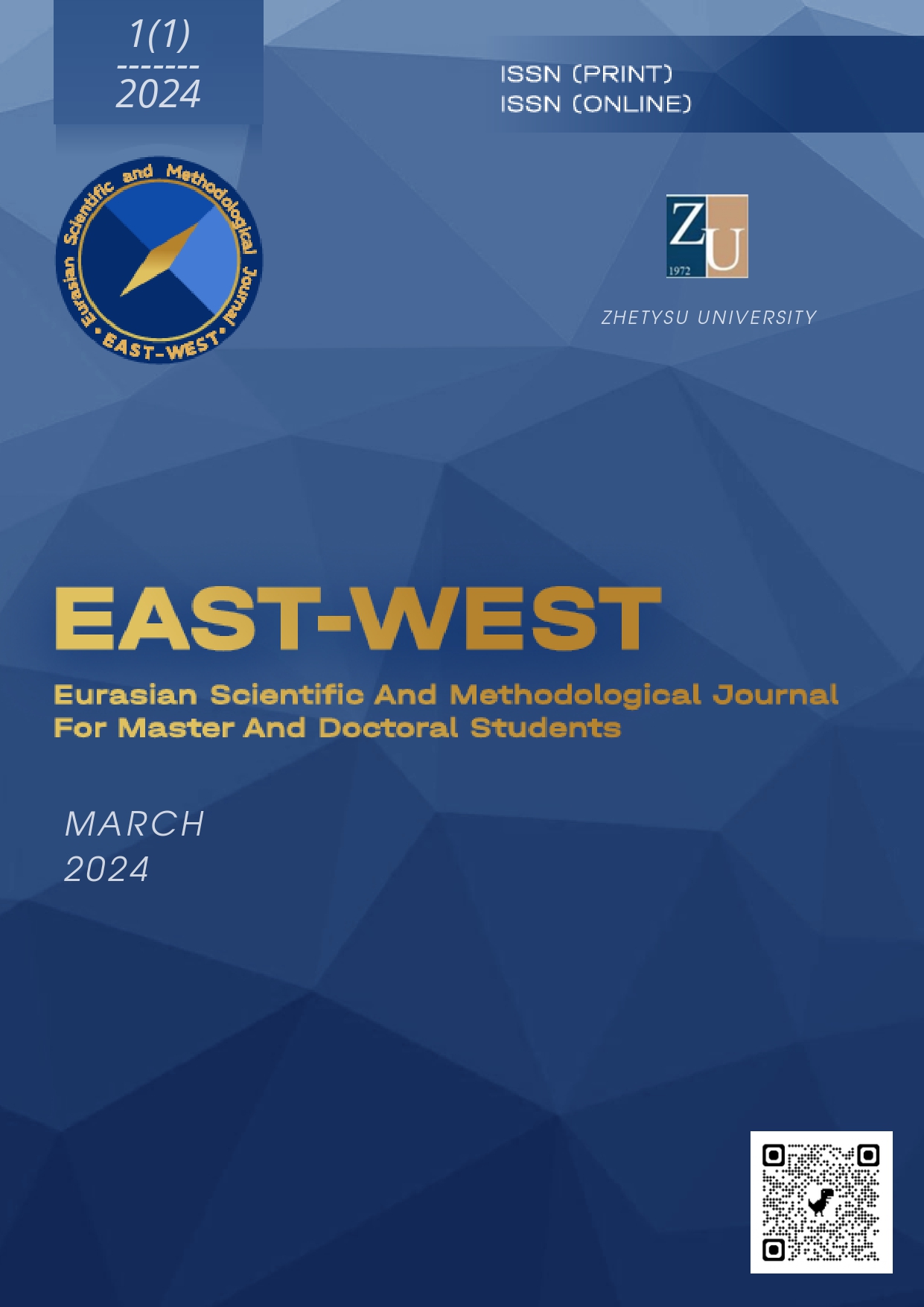Abstract
This article presents a theoretical model for the formation of personal and professional competencies of social workers through advanced training courses, which was developed in the framework of the doctoral dissertation «Formation of personal and professional competencies of social This article deals with the problems of modern higher education related to the integration of new forms of education. Pedagogical practices are rapidly changing under the influence of various factors, which pose questions of problem-based learning and a competence-based approach to modern education. Modern students have free access to any information they are interested in, this forces modern university teachers to distinguish between students' understanding between information and knowledge in a new way. Therefore, the development of teaching and learning methods has become the main goal not only for universities, but also for organizations that are participants in the Bologna Process. Therefore, graduates face another problem regarding the release of specialists with in-demand skills, but ready to adapt to the requirements of the employer tomorrow. In addition to the modernization of the educational process itself, the question arises of the legislative provision of education, which regulated the quality and served as a guide for higher educational institutions. The article provides examples of reference quality systems, with the help of which it is possible to soberly assess the quality of distance and institutional learning carried out in the traditional format. Therefore, there should be a connection between the goals set, methods for achieving them and assessing the quality.


